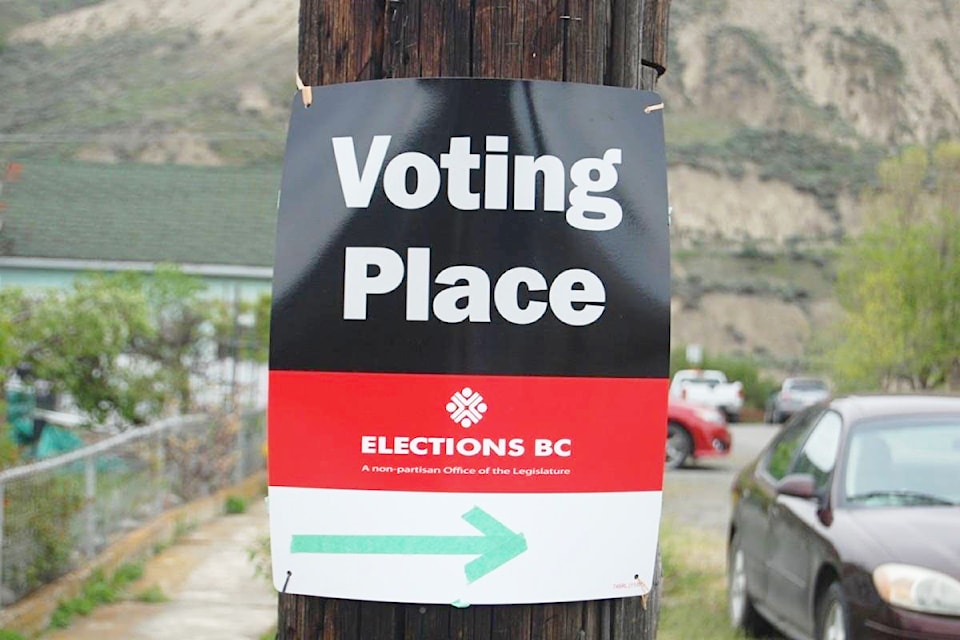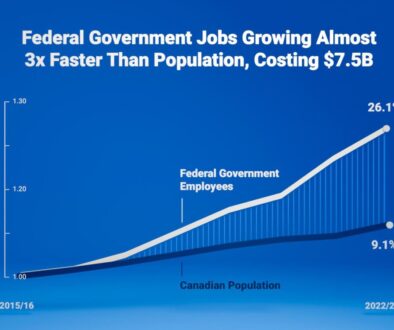BC s{election}
Another {s} election is knocking on the door with the calling of the 2024 BC election. Final voting day is October 19th as signs promoting various candidates “embellish” our streets and roads. Election hopefuls vie to be s{elected} to secure a cozy four year term. With annual basic compensation for each member starting at $119,532.72, plus additional salary, compensation, per diem reimbursement and capital city living allowance, no wonder the competition is fierce.
https://members.leg.bc.ca/home/remuneration-benefits/salaries-and-allowances/
New voting processes are being introduced this year to administer the election, including the use of networked laptops, (instead of paper lists), to verify voters and cross them off the voters list. Electronic tabulators will be used to count paper ballots, a process hugely vulnerable to tampering!
https://elections.bc.ca/2024-provincial-election/new-voting-processes/
Candidates of the major parties have been precisely {s} elected, typically for their malleability, so it really doesn’t matter who gets in, including the independent candidates. It is all just a show creating the illusion that [s}election day is important and that citizens actually get to decide who will be their representative in the Legislative assembly for the next four years governing the province. A façade of democracy.
https://freeshuswap.com/democracy-how-it-really-works/
The entity of British Columbia was created as a colony between 1858- 1966. In 1871 British Columbia became part of the Canada as a province and “officials” delegated part of it’s jurisdiction to Ottawa. Canadian fundamental “law” is allegedly a constitution, declared by the Constitution Act of 1867, originally enacted as the British North America Act. {Neither the Legislative library nor BC archives have any knowledge concerning the original documents which establish that British Columbia did indeed join Canada.}

Canada’s Privy Council, is a group of cabinet ministers, former ministers and other prominent Canadians who are appointed to advise the British monarch on issues of importance to the country, including state and constitutional affairs. Members of the Privy Council are appointed for life by the Governor General.
Basically, by the aforementioned means, Canada is still 100% under the control of the British monarch; currently King Charles III, who through the power of the Governor General exercises his will over the country at the federal level, and at the provincial level through the Lieutenant Governor of British Columbia.
The British North America Act of 1867, section 2 states: The provisions of this Act referring to Her Majesty the Queen extend also to the Heirs and Successors of Her Majesty, Kings and Queens of the United Kingdom of Great Britain and Ireland. But, the Imperial {British} Parliament in 1893 repealed section 2 of the British North America Act by The Statute Law Revision Act, 1893, enacted the same year by Queen Victoria. This means there is no publicly acknowledged specific document authorizing the members of the monarchy to be involved in the affairs or to have any office of status in the realms known as Canada and British Columbia.
Since January 22, 1901, any and all government and Governors General, Lieutenant Governor have been de facto (i.e., exercising power as if legally constituted)! Since all government, Governors General and monarchy have been illegitimate, all laws, acts, declarations and statutes have also been illegitimate ever since.
So, if we do not have a legal “law”, how does BC operate? As of today, the PROVINCE OF BRITISH COLUMBIA, central index key, {CIK}: 0000836136 is a private corporation located at the Ministry of finance, 620 Superior Street, Victoria. Private corporations are run by corporate law in Canada and the BC Royal Charter of the Hudson Bay Company, since 1670.
https://www.sec.gov/cgi-bin/browse-edgar/?filenum=333-82846&action=getcompany
As mentioned above, all [s] elections are just a distraction. Everything in this country, province and city is run by the administrative bureaucratic apparatus which works for private interests- profit. Remember “pandemic”, wildfires, progressive taxes? Just business…
If you are still on a voting list, you have voluntarily agreed to be represented by someone else. You have given away your lawful rights to live freely and independently. Ponder this prior to the upcoming {s} election.
DB, CB



